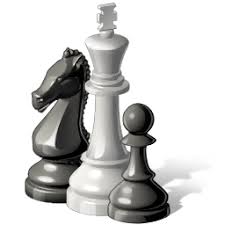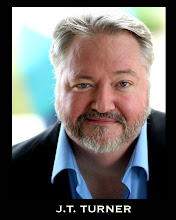 I like to play chess. I am OK at it, not amazing, not even ranked, but I enjoy the game. I first learned to play when the famous match between Booby Fisher and Boris Spasky was coming up in 1972. It got my attention, and I taught myself to play. My parents had a great marble chess set in the living room, and I often played against my brothers or friends. When my son was young I taught him to play, and we would often drag out a chess set at McDonalds and enjoy a game over our meal. These days I play mostly against computers, which is sad as I really enjoy an actual in-person game.
I like to play chess. I am OK at it, not amazing, not even ranked, but I enjoy the game. I first learned to play when the famous match between Booby Fisher and Boris Spasky was coming up in 1972. It got my attention, and I taught myself to play. My parents had a great marble chess set in the living room, and I often played against my brothers or friends. When my son was young I taught him to play, and we would often drag out a chess set at McDonalds and enjoy a game over our meal. These days I play mostly against computers, which is sad as I really enjoy an actual in-person game.So why am I writing about chess in an acting blog? Because I believe chess can make you a better actor. (Hey don't look at me like that, you read my blog, you know I am a bit mad). As mentioned in earlier blogs, I feel as though any hobby, passion or pursuit is good for you, but I especially like chess. Here is why:
Chess improves your memory. Many players memorize opening moves and closing attacks. Actors need to have a good memory.
Chess improves concentration. An actor benefits from the ability to concentrate on one thing, a role, a scene, a moment. Chess gives you a focused point to concentrate on.
Chess promotes imagination and creativity. Acting is all about imagination, the constant 'what if". As a chess player you are creating new attacks, imagining moves and counter-moves constantly.
Chess make you think of possibilities. If cast in a role, you have to kick in that imagination, and wonder how to play the part, how to deliver a line, what would happen if you character had a limp or a lisp. Constantly thinking, testing, looking for the best path to your goal. That is what happens over a game of chess as well.

Finally on a more personal note, I play chess to keep my brain alive. As we age, it gets harder to remember, to concentrate to think. We know that one way to battle memory loss and Alzheimer's disease is through brain work, especially board games, especially chess.
It's your move. :)
J.T. TURNER
THE ACTORS SENSEI





